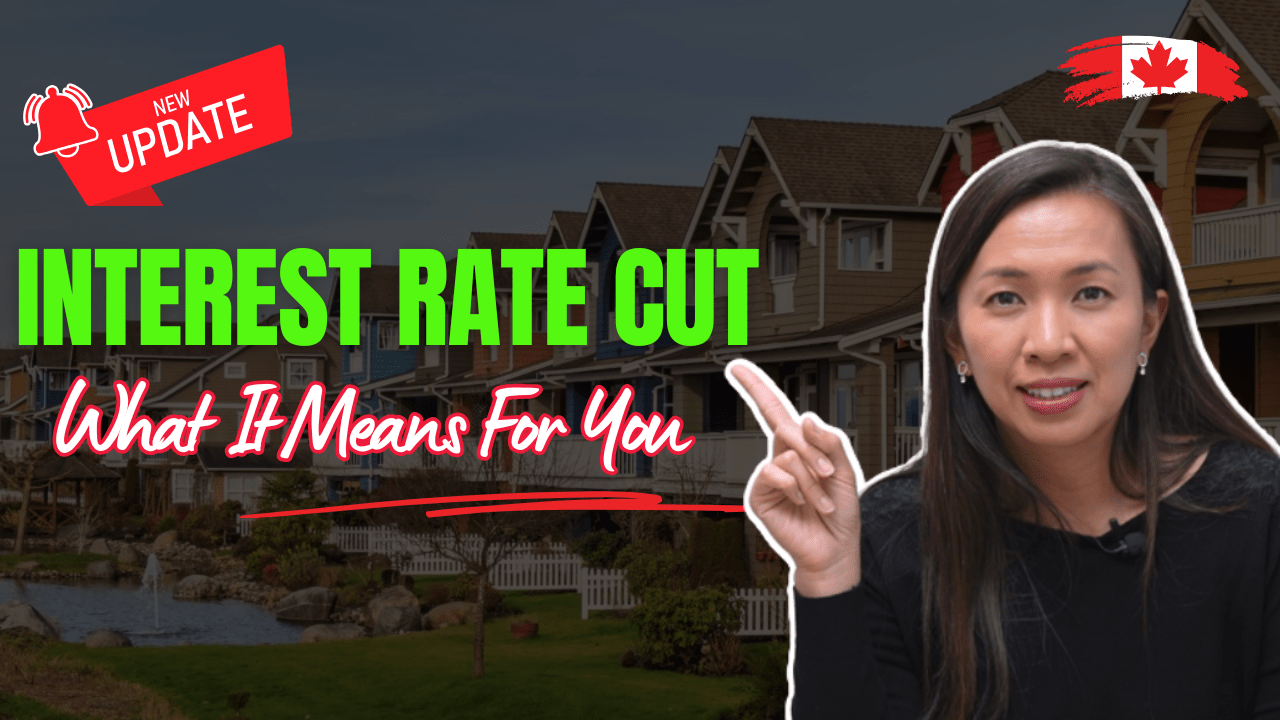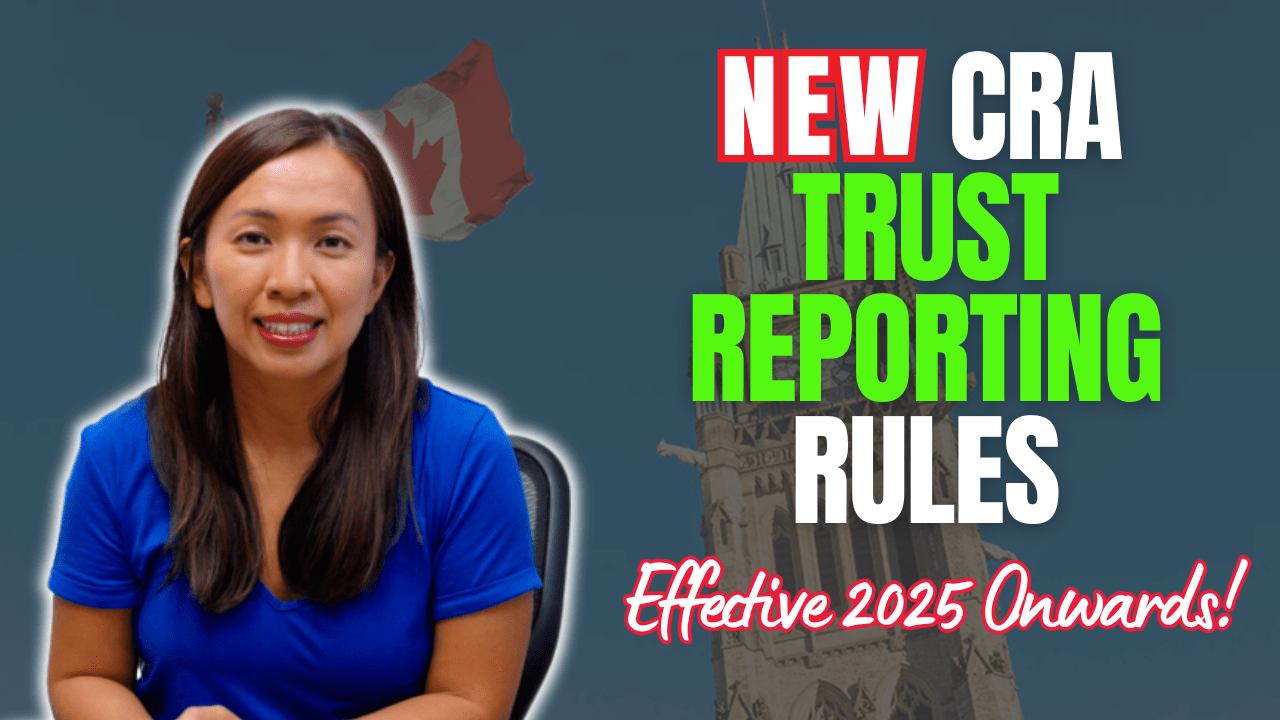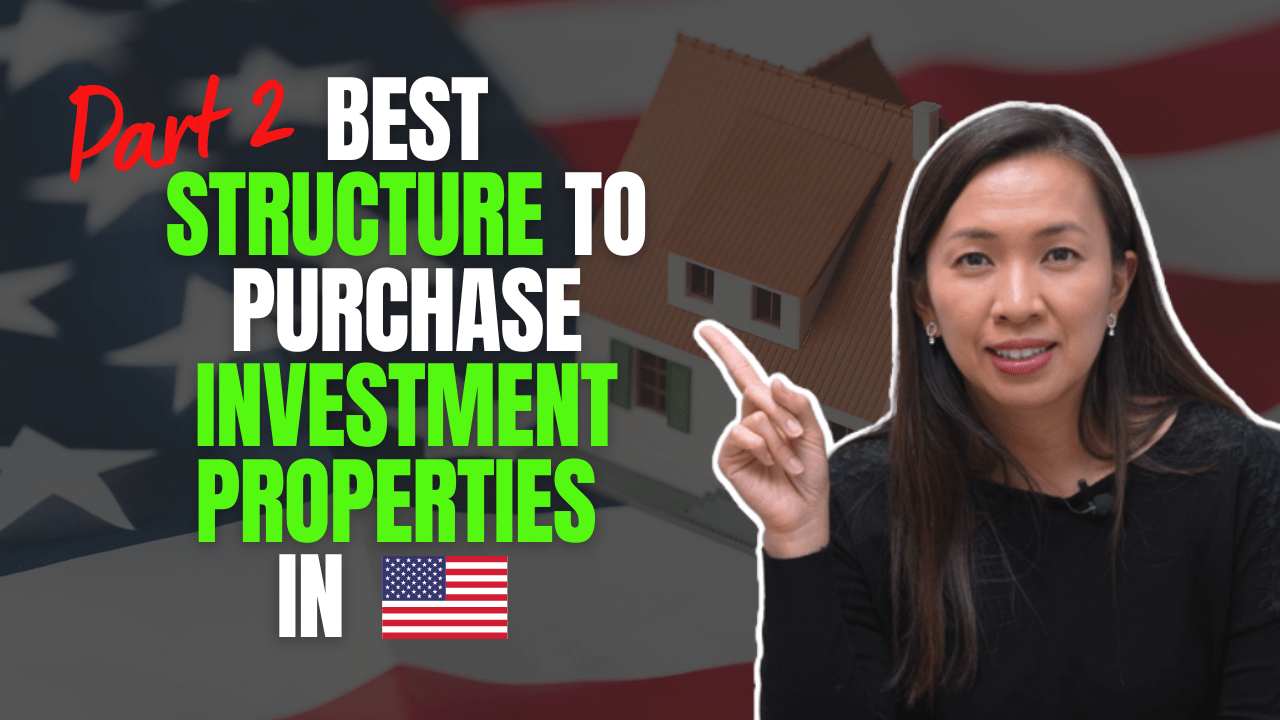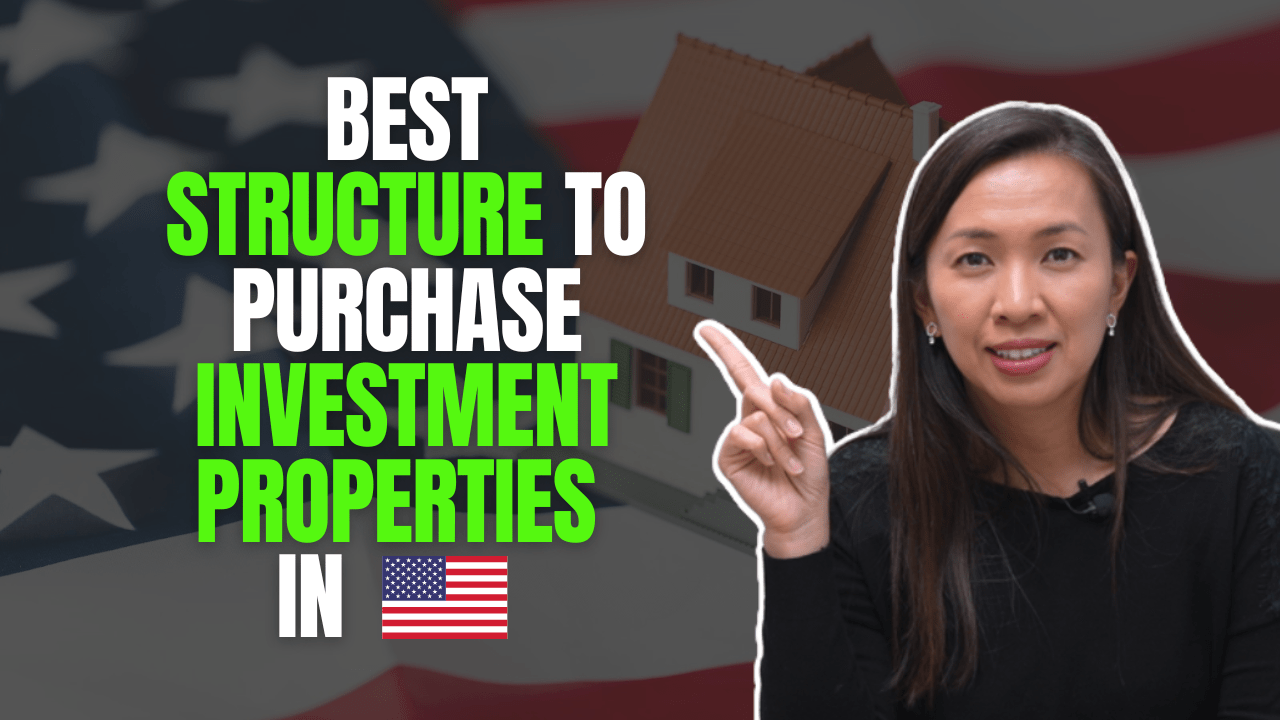 Erwin and I were very lucky to score a pair of Blue Jays playoff tickets last minute on Monday for the fourth game.
Erwin and I were very lucky to score a pair of Blue Jays playoff tickets last minute on Monday for the fourth game.
For all the time I’ve been in Canada, close to 20 years now, the Blue Jays have never once been in the playoff race. The decision to attend was an easy one for both of us, just in case they don’t make the playoffs for another 20 years.
We gotta be there to support our home team at least once!
Sadly enough, before we got into Rogers Centre, our opponents already scored 4 runs on us! Boo! The rest is history.
Thankfully we got back into the series the next game! We are still in it! Let’s go Blue Jays!
The majority of us are buying properties with cash, no financing, no mortgage. I often caution my clients who are considering buying a property in the US that the return on their investment is not as lucrative as they think it may be because of the lack of financing opportunity available.
The math just doesn’t work the same way, unfortunately.
The ownership structure of a US property can take many forms. The cheapest and simplest way is to own the property directly in your own name. This is often the fastest way of buying property too as there is much less paperwork, meaning you can get your Charlotte movers (or similar movers in your area) in and moving furniture in no time. However, there are other options. This allows different investors to purchase an interest in the same property. If you’re looking to invest in real estate with others, that might be the way to go. However, if you’re looking to invest in your own real estate property, then it’s probably better to put the property in your name. Make sure to look into all the options. Moreover, it would be a good idea to first learn about the real estate market projections of your city before investing a single penny. Usually, the Residents of Canada look at the canadian housing market predictions before venturing into the real estate journey. This helps them get a fair understanding of the average property prices, the demand for rental properties, and the investment risks.
Anyway, once you have gathered the knowledge of the market, you can go ahead with the next steps. You file the US tax return and you report the same amount of income in your Canadian tax return. In Canada, you are entitled to a foreign tax credit for the amount of US tax paid. Proper proof of the tax paid has to be kept.
At the end of the day, your tax liability is more or less equal to higher of the US tax rate or your Canadian tax rate.
As a foreigner owning real estate in the US, you are required to withhold 30% taxes based on your Gross income and remit it to the US government. If you don’t want this to happen, an election must be filed.
When you sell the property, the tax deferral option is available for us as Canadians as well. Technically, you can choose to defer your US tax liability upon sale if you purchase another similar property, the so called “like-kind exchange rules”.
Be mindful when you use this deferral strategy, there is no such deferral option in Canada. This means that you will still have to report the disposition of the property and pay taxes in your Canadian income tax return. But there is no corresponding foreign tax credit to offset your Canadian income tax liability.
By the time you sell your US replacement property, there can be mismatch of timing of the foreign tax credit and you are not entitled to deduct the foreign tax credit a few years later. This can mean double taxation!
10% tax is also required to be withheld on gross proceeds unless it is exempted by the Internal Revenue Service (IRS).
Some Canadian real estate investors are reluctant to file their US tax returns for the rental income, given that the tax liability is minimal in most years after deducting all the income and expenses.
Other than the possible tax evasion penalty in both US and Canadian jurisdictions, the taxpayer can also be losing out on the potential tax losses over the years, which can be offset against the gain on the sale of the property.
Protection against their personal assets is important to a lot of the Canadian investors. Sometimes they own their US properties in a form of limited liability structure.
While providing protection, all of these strategies would cost a Canadian taxpayer thousands of dollars in annual filings, while bringing the Tax Man share of our profit up to over 50%. Be sure to understand each strategy’s pros and cons before purchasing a US property. [/private]
Until next time, happy Canadian Real Estate Investing.
Cherry Chan, CPA, CA
Your Real Estate Accountant





